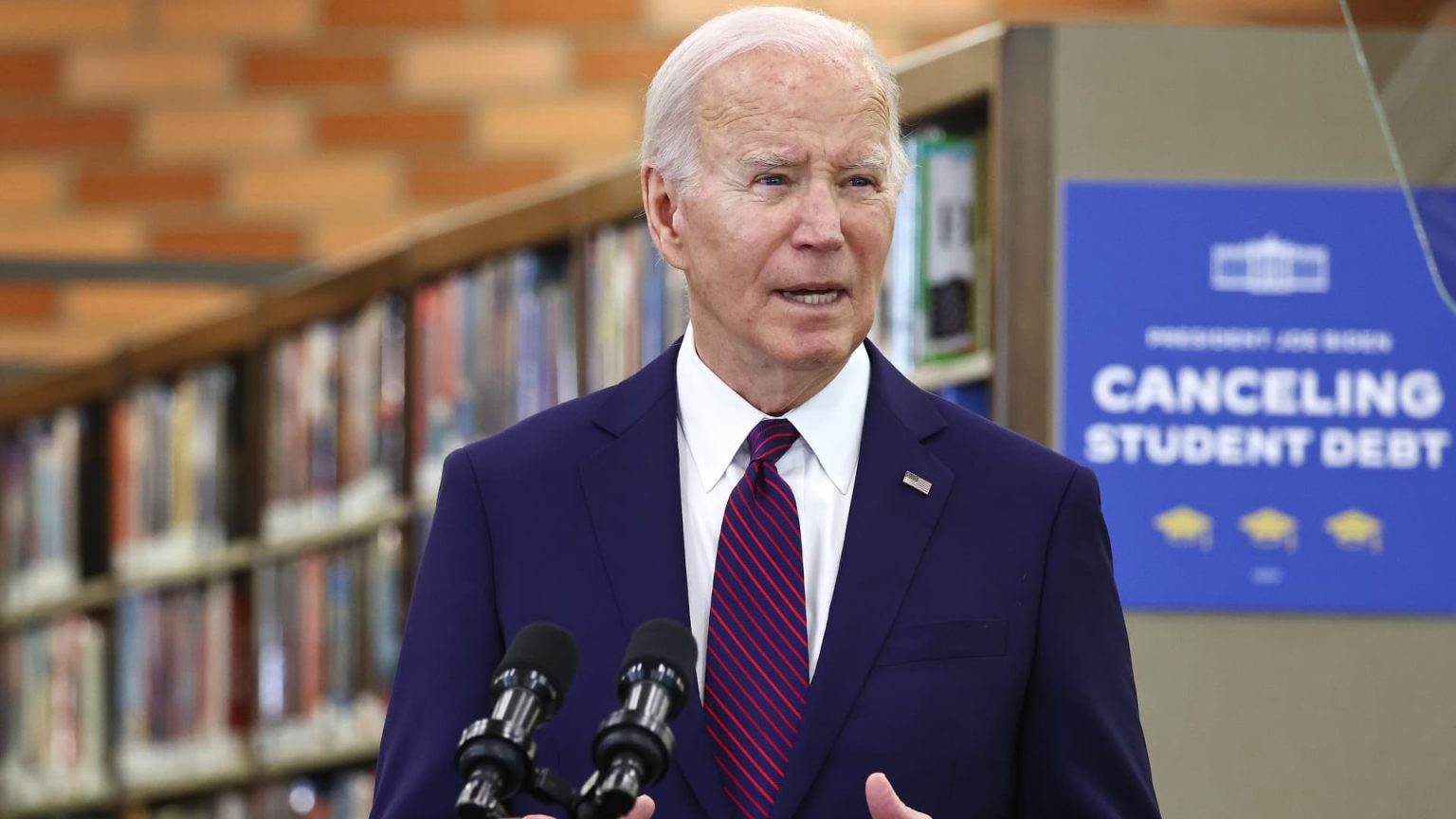The Biden administration has introduced a new, more targeted forgiveness program for student loan borrowers in an effort to make the plan more defensible in potential legal challenges. The new plan aims to help specific groups of borrowers, including those who are already eligible for debt cancellation but have not yet applied, those who have been in repayment for 20 years or longer on undergraduate loans or more than 25 years on graduate loans, those who attended schools of questionable value, and those who are experiencing financial hardship. The definition of financial hardship is still unclear, but it could include individuals burdened by medical debt or high child-care expenses. Additionally, the plan includes forgiveness of up to $20,000 of unpaid interest on federal student debt for all borrowers, regardless of income.
The Biden administration’s new forgiveness plan has faced criticism from opponents of broad student loan forgiveness, who argue that it is similar to the President’s previous relief program. Missouri Attorney General Andrew Bailey, a Republican, accused Biden of trying to circumvent the Constitution with the new plan and vowed to challenge it in court. Previously, six Republican-led states, including Arkansas, Iowa, Kansas, Nebraska, and South Carolina, brought a lawsuit against Biden’s debt relief efforts, claiming that the President overstepped his authority and that debt cancellation would negatively impact lenders’ financial interests. The conservative justices agreed with the states’ arguments, leading to the invalidation of the previous debt relief program.
Legal challenges are expected to arise once the Biden administration formally releases its new student loan forgiveness plan, according to higher education expert Mark Kantrowitz. Kantrowitz anticipates that lawsuits will be filed within days of the plan’s rollout, given the controversial nature of student loan forgiveness programs and the divided opinions on the issue. Despite the potential legal hurdles, the new forgiveness plan aims to provide relief to tens of millions of borrowers who may benefit from the targeted approach to debt cancellation. By focusing on specific groups of borrowers with identified needs, the Biden administration hopes to navigate legal challenges more effectively and deliver meaningful assistance to those struggling with student loan debt.
The decision to narrow the criteria for debt forgiveness in the new plan reflects the Biden administration’s strategy to address legal concerns and improve the plan’s overall viability. By targeting borrowers who meet specific eligibility criteria, such as those in long-term repayment, experiencing financial hardship, or attending schools of questionable value, the administration aims to make the forgiveness program more defensible in court and increase its chances of being upheld. However, the precise definition of financial hardship and the potential impact of the forgiveness plan on lenders remain contentious issues that may be subject to legal scrutiny once the plan is implemented.
Despite facing opposition from critics of broad student loan forgiveness, the Biden administration is determined to move forward with its new relief program to provide much-needed assistance to borrowers facing financial challenges. The administration’s commitment to addressing student loan debt through targeted forgiveness initiatives reflects a broader effort to alleviate the burden on individuals struggling to repay their loans. While legal challenges are expected to arise following the release of the new forgiveness plan, the administration remains steadfast in its goal to help borrowers in need and improve access to higher education for all Americans. As the debate over student loan forgiveness continues, the Biden administration’s efforts to implement a more focused forgiveness program demonstrate a commitment to supporting borrowers and addressing the complexities of the student loan system.













